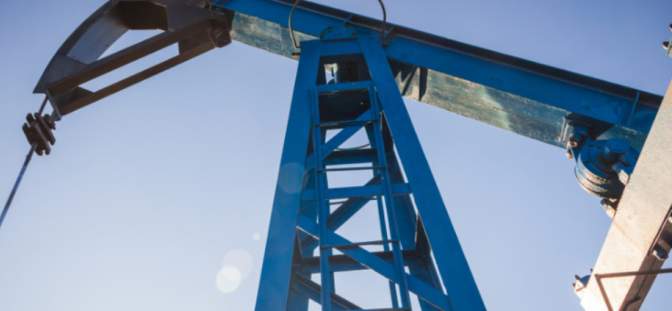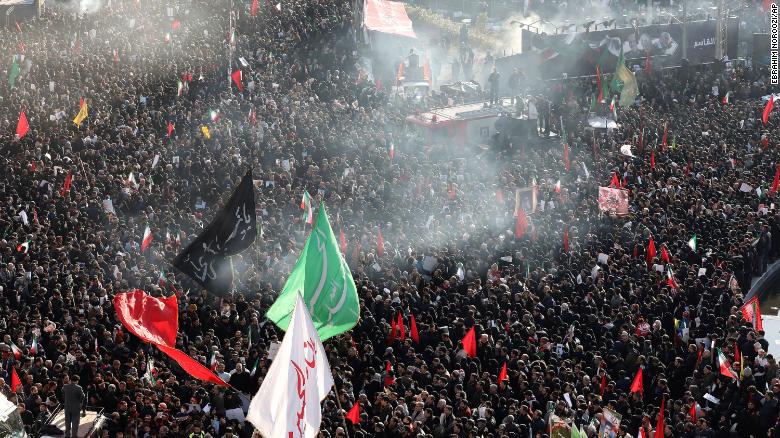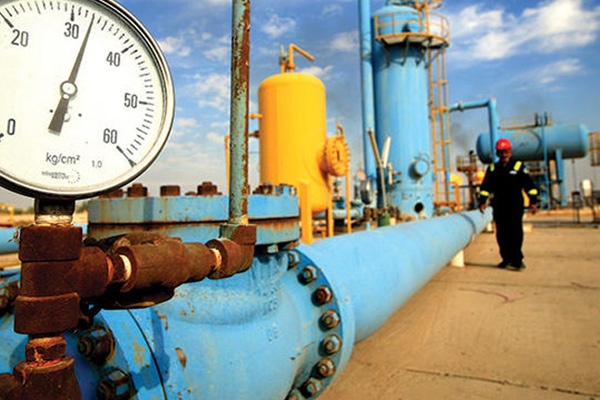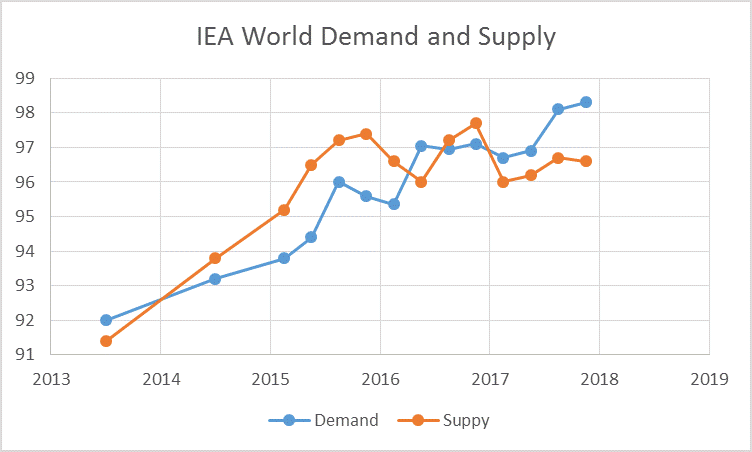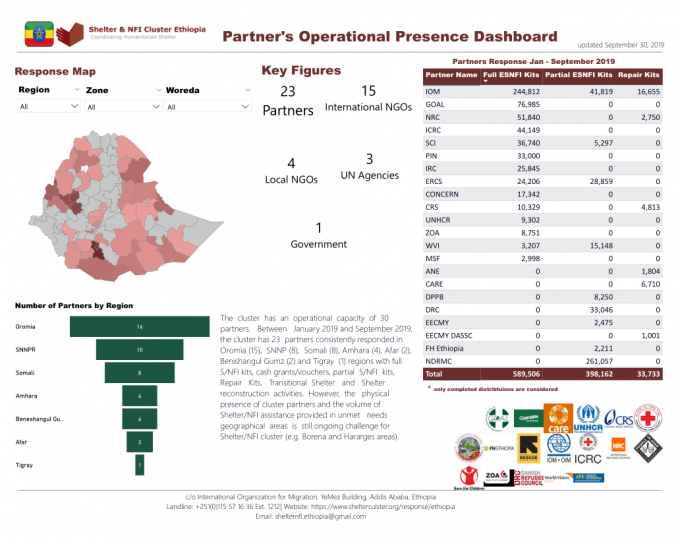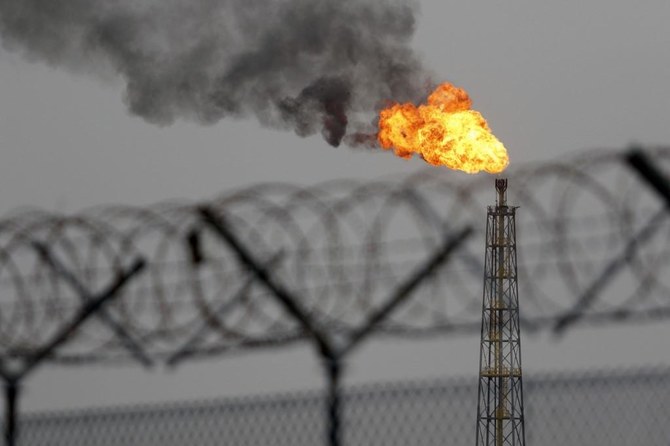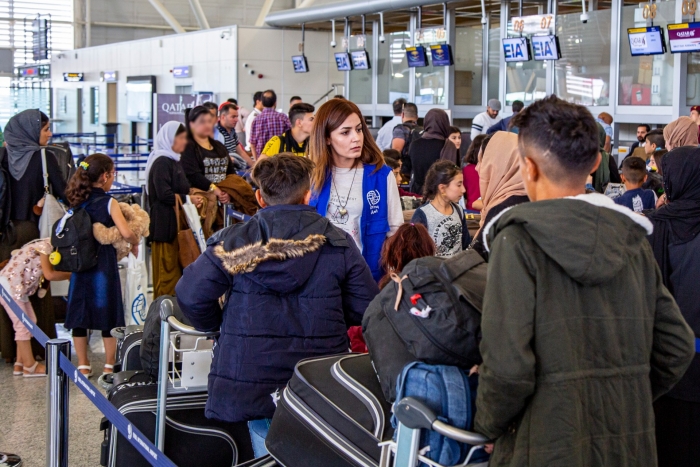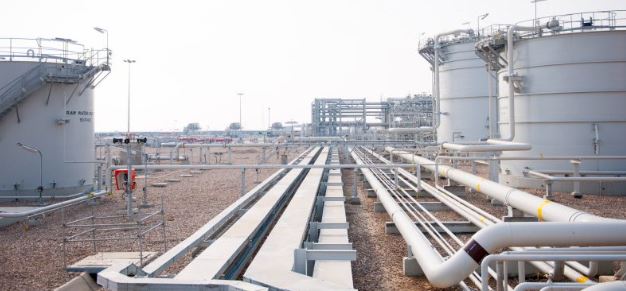UNHCR, the UN Refugee Agency, welcomes a new donation of USD 5.6 million from the Kingdom of the Netherlands for 2019 and 2020 to assist internally displaced persons (IDPs), returnees, and Syrian refugees in Iraq.
This contribution is part of the global PROSPECTS Partnership aiming at joining partners’ efforts to develop a new paradigm in responding to forced displacement crises through the involvement of development actors. While Iraq recovers from conflict, the needs of its population diversify. Some 4.4 million people have returned to their homes and are restarting their lives; however, the conditions for sustainable return are not yet met across all the country.
Continued assistance for the 1.4 million displaced Iraqis and over 286,000 refugees, and the host communities, is essential to ensure a stable and peaceful recovery. The generous contribution from the Kingdom of the Netherlands will ensure the provision of legal assistance and civil documentation to internally displaced persons across Iraq, along with the provision of specialized individual and group-based psychosocial support for children.
In addition, the donation will contribute to improve the access to formal primary and secondary education for Syrian refugee children in the Kurdistan Region of Iraq. H.E. Mr. Eric Strating (pictured), Ambassador of the Kingdom of the Netherlands to Iraq, emphasized the importance of the urgent recovery and strengthened resilience of those who have been affected and displaced by conflict. “If we truly want to assist Iraq in achieving durable stability, we cannot leave anyone behind. Assistance in the field of civil documentation, access to education, but also psychosocial support, is part of the most basic needs for people who are trying to rebuild their lives.”
Within this context, the Netherlands initiated the PROSPECTS Partnership in Iraq, aimed at strengthened cooperation of humanitarian and development partners, in order to achieve durable solutions for the 1.4 million displaced Iraqi’s and the 286,000 refugees on Iraqi soil.The recent Multi-Cluster Needs Assessment conducted from June to August 2019, shows that nearly 2.9 million individuals, including camp-based and out-of-camp IDPs as well as returnees, are missing at least one form of civil documentation.
With the generous donation from the Kingdom of the Netherlands, UNHCR will continue assisting IDPs to access legal assistance and civil documentation in collaboration with the Government of Iraq, helping them establish their legal identity, access public services, return to their homes, and exercise their basic rights.
Moreover, this contribution will support the provision of case management and psychosocial support for children survivors of violence, exploitation and abuse, and will complement education assistance aimed at ensuring access to formal education opportunities and obtaining official learning accreditation for Syrian refugee children.
“While the situation in Iraq has notably improved during the past years and the country is steadily transitioning and advancing into a new post-conflict phase, we need to continue supporting its people in their recovery and national reconciliation efforts. Particularly the more than 1.4 million Iraqis and over 286,000 refugees still affected by displacement and wishing to rebuild their lives. This generous contribution enables us to be responsive and compassionate with those that continue relying heavily on humanitarian assistance. With ongoing support, we will stand with all those affected by displacement in Iraq until complete recovery is achieved.” said Ayman Gharaibeh, UNHCR Representative in Iraq.
(Source: UN)

